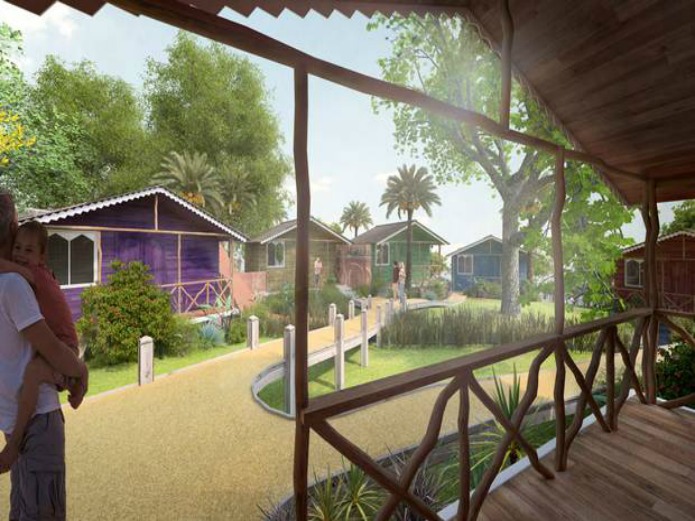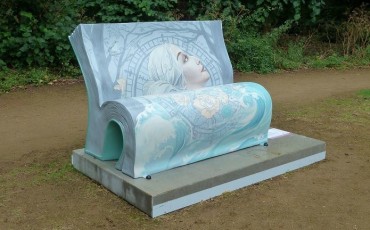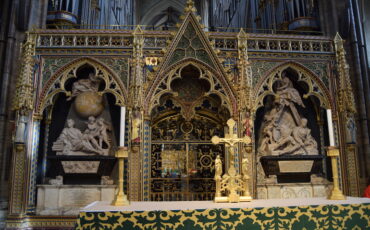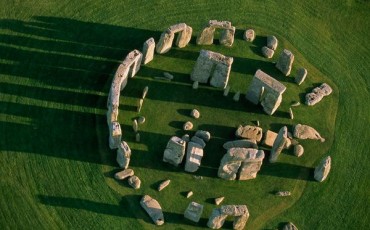ZSL London Zoo has petitioned to build nine wooden cabins next to the lion enclosure which will allow visitors to stay overnight – and fall asleep to the sound of roaring.
Customers would have a private tour with the keepers before returning to their accommodation, where dinner would be served. Based on design sketches, the huts appear to include a private wooden veranda and access to a communal garden. Lighting will be kept low in order not to disturb the animals. A planning application has been lodged with Westminster City Council. Security measures will be tight following reports last year of visitor to the site’s Zoo Lates events becoming drunk and causing the animals stress. Incidents include a reveller throwing beer into the tiger enclosure and another trying to climb into the penguin pool. The events are believed to generate around £800,000 a year for the zoo. A decision on whether this new “Project Aslan” venture will move forward is expected later this summer.

How the safari camp at London Zoo could look. Photo: © London Zoo.







Leave a Reply